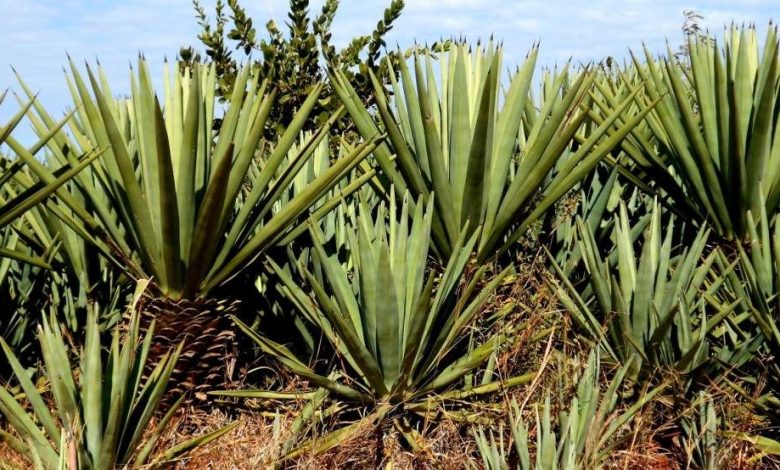TSB partners with researchers on sisal protein for animal feed

RESEARCHERS from two leading institutions of higher learning are working with the Tanzania Sisal Board (TSB) and the Tanzania Agricultural Research Institute (TARI) to explore the potential of extracting protein from sisal residues for animal feed production.
According to the Board’s latest report made available to the Daily News, the collaboration involves the University of Dar es Salaam (UDSM) and the Nelson Mandela African Institution of Science and Technology (NM-AIST) in Arusha.
The initiative is part of a broader effort to add value to sisal, one of Tanzania’s strategic cash crops.
As part of the sector’s revitalisation, TSB has also established a Building a Better Tomorrow (BBT) Sisal Incubation Centre in Tanga Region to empower women, youth and people with special needs to manufacture various sisal-based products.
Presenting the 2025/26 national budget estimates in Parliament recently, the Minister for Agriculture, Hussein Bashe, revealed that cash crop production had increased, with sisal output reaching 61,215.55 tonnes up from 56,732.7 tonnes in the 2023/24 financial year.
This represents 76.5 per cent of the ministry’s 80,000-tonne target.
The Ministry of Agriculture plans to collect and spend 1.24tri/- in the 2025/26 fiscal year, of which 702.275bn/- will be allocated to development projects.
ALSO READ: Animal feed producers urged to adhere to quality
However, the Parliamentary Standing Committee on Industries, Trade, Agriculture and Livestock has recommended a further budget increase to meet the sector’s growing demands and enhance productivity.
“An increased budget would enhance irrigation infrastructure, the construction and rehabilitation of crop storage facilities, strengthening of research centres, availability of agricultural inputs, improvement of extension services and the supervision and inspection of cooperative societies,” the committee stated.
Established by an Act of Parliament in 1997, the Tanzania Sisal Board is mandated to regulate and promote the sisal industry for sustainability through improved productivity and profitability.
Its core functions include promoting industry development, controlling pests and diseases, financing or conducting research, issuing import and export licences, regulating quality and marketing and disseminating sisal-related information.
The Board also advises the government on all matters related to the industry and performs additional duties as directed by the Minister





